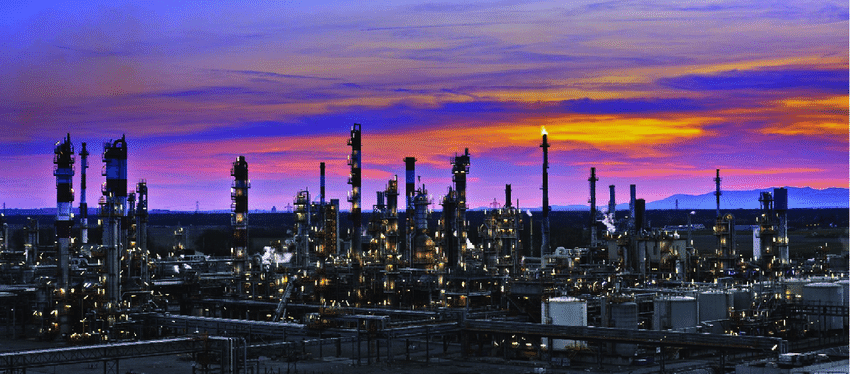Production Planning & Scheduling
Why Production Planning Is Critical for the Chemicals Sector in 2023
The year 2022 was a challenging one for the chemicals industry. Shortages of critical products and materials persisted, and surging commodity prices, especially for natural gas, increased costs across the sector. In Europe, the war in Ukraine led to acute gas supply shortages, with the prospect of gas rationing during the winter being a real possibility. As central banks increased interest rates to tame inflation, the chemicals industry experienced a steep rise in their cost of capital, making it harder to finance the big, complex assets on which the industry depends. Beyond these immediate-term problems, the sector is facing significant medium- and long-term challenges too.
Skills shortages are one such challenge, especially in Western countries where chemicals companies have been slow to attract new talent to supplement an aging workforce. Decarbonization is another challenge that is increasingly putting the industry under scrutiny by regulators, investors, consumers, and activists. The manufacture of chemicals is energy- and carbon-intensive, and some processes produce large quantities of carbon dioxide as a by-product, adding to the complexity of decarbonization. As the industry’s direct customers turn their attention to the upstream Scope 3 emissions that account for most of the carbon footprint of many products, they are pressing companies to offer innovative solutions, including greater use of recycled and biobased materials.
In this context, production planning has become critical for the chemicals sector in 2023. Efficient planning can help companies to optimize their production processes, reduce costs, and improve customer satisfaction. By having a clear understanding of their production schedules and inventory levels, companies can make informed decisions that help them to mitigate risks and optimize their operations.
The Importance of Production Planning in the Chemicals Sector
The chemicals sector is highly complex, with multiple stages involved in the production process. From sourcing raw materials to delivering finished products to customers, the industry requires careful planning and coordination to ensure everything runs smoothly. Unfortunately, the industry is known for its unpredictability, which can make planning a challenging task. Factors such as changing demand patterns, supply chain disruptions, and regulatory changes can all impact the industry's planning process.
However, despite these challenges, effective production planning is critical for the chemicals sector. It can help companies to optimize their production processes, reduce costs, and improve customer satisfaction. With better planning, companies can better anticipate market demand, manage their inventory levels, and ensure timely delivery of products to their customers.
How Production Planning Can Help the Chemicals Sector
There are several ways that production planning can help the chemicals sector. Here are some of the key benefits:
1. Improved Forecasting: Production planning can help companies to improve their forecasting capabilities. By analyzing market trends, customer demand, and production data, companies can develop more accurate forecasts that can help them to optimize their production schedules and reduce inventory levels.
2. Better Inventory Management: Efficient production planning can help companies to manage their inventory levels more effectively. By optimizing inventory levels, companies can reduce the risk of stockouts and overstocking, which can lead to increased costs and lower customer satisfaction.
3. Enhanced Supply Chain Visibility: Production planning can provide companies with greater visibility into their supply chains. By tracking materials and products at every stage of the production process, companies can identify potential bottlenecks and address them before they become major issues.
4. Increased Agility: With efficient production planning, companies can respond more quickly to changes in demand or supply chain disruptions. By having a clear understanding of their production schedules and inventory levels, companies can make informed decisions that help them to mitigate risks and optimize their operations.
Conclusion
In the face of significant challenges such as supply chain disruptions, skills shortages, and decarbonization pressures, efficient production planning has become critical for the chemicals sector in 2023. By improving their production planning capabilities, companies can optimize their production processes, reduce costs, and improve customer satisfaction. Embeddding new tools, technologies and processes to do this can take years of sustained effort. That effort needs to begin today.



